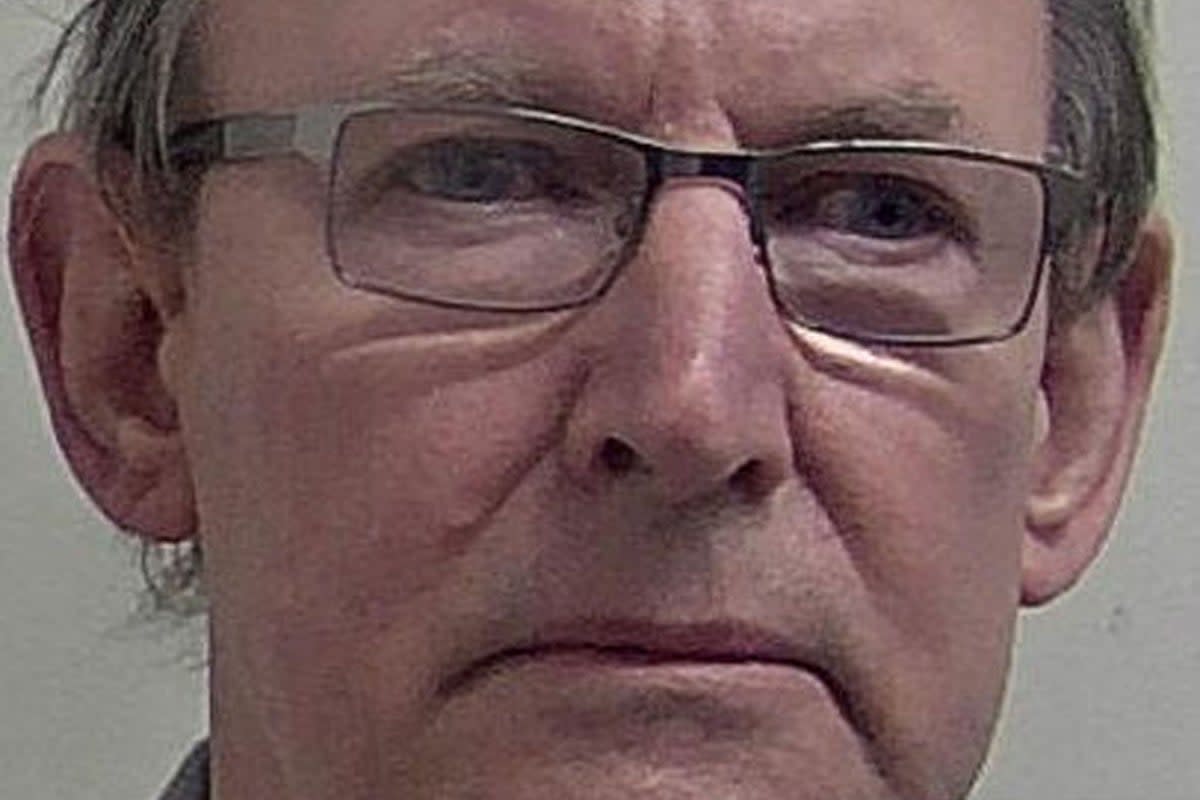David Fuller: 'Serious' hospital failings allowed necrophiliac to offend for 15 years, inquiry finds

Necrophiliac killer David Fuller was able to offend for 15 years without being suspected or caught due to "serious failings" at the hospitals where he worked, an inquiry has found.
The maintenance worker sexually abused the bodies of at least 101 women and girls aged between nine and 100 while employed at the now-closed Kent and Sussex Hospital and the Tunbridge Wells Hospital, in Pembury, between 2005 and 2020.
The 69-year-old was already serving a whole life sentence for the sexually motivated murders of Wendy Knell, 25, and Caroline Pierce, 20, in two separate attacks in Tunbridge Wells, Kent, in 1987, when police uncovered his systematic sexual abuse in hospital mortuaries.
The Government launched an independent inquiry in 2021 to investigate how Fuller was able to carry out his crimes undetected, with the first phase of the probe looking at his employer, Maidstone and Tunbridge Wells NHS Trust.
Fuller was able to "offend undetected" amid failures in "management, governance" and because standard procedures were not followed, the inquiry found, while senior bosses were said to be "aware of problems in the running of the mortuary from as early as 2008".
There was "little regard" given to who was accessing the mortuary, with Fuller visiting 444 times in a year - something that went "unnoticed and unchecked", reporters were told.
At a press conference in Westminster, central London, on Tuesday, inquiry chairman Sir Jonathan Michael said: "The offences that Fuller committed were truly shocking and he will never be released from prison.
"Failures of management, of governance, of regulation, failure to follow standard policies and procedures, together with a persistent lack of curiosity, all contributed to the creation of the environment in which he was able to offend, and to do so for 15 years without ever being suspected or caught.
"Over the years, there were missed opportunities to question Fuller's working practices. He routinely worked beyond his contracted hours, undertaking tasks in the mortuary that were not necessary or which should not have been carried out by someone with his chronic back problems. This was never properly questioned."

 Yahoo News
Yahoo News 
